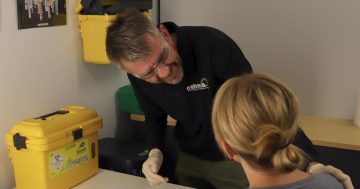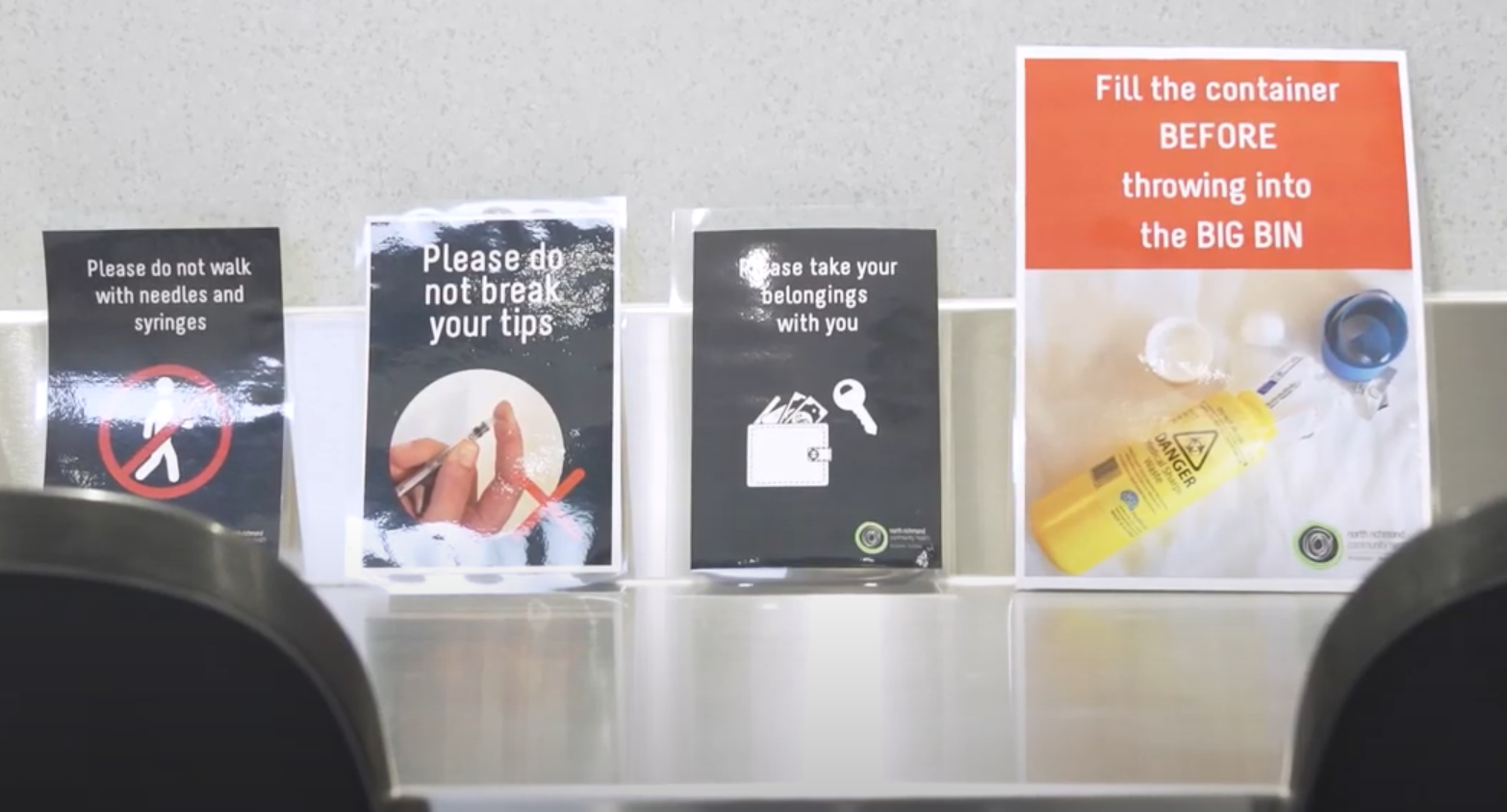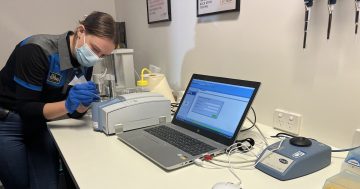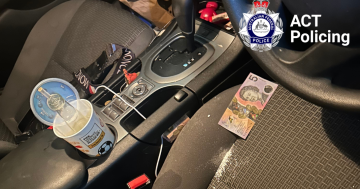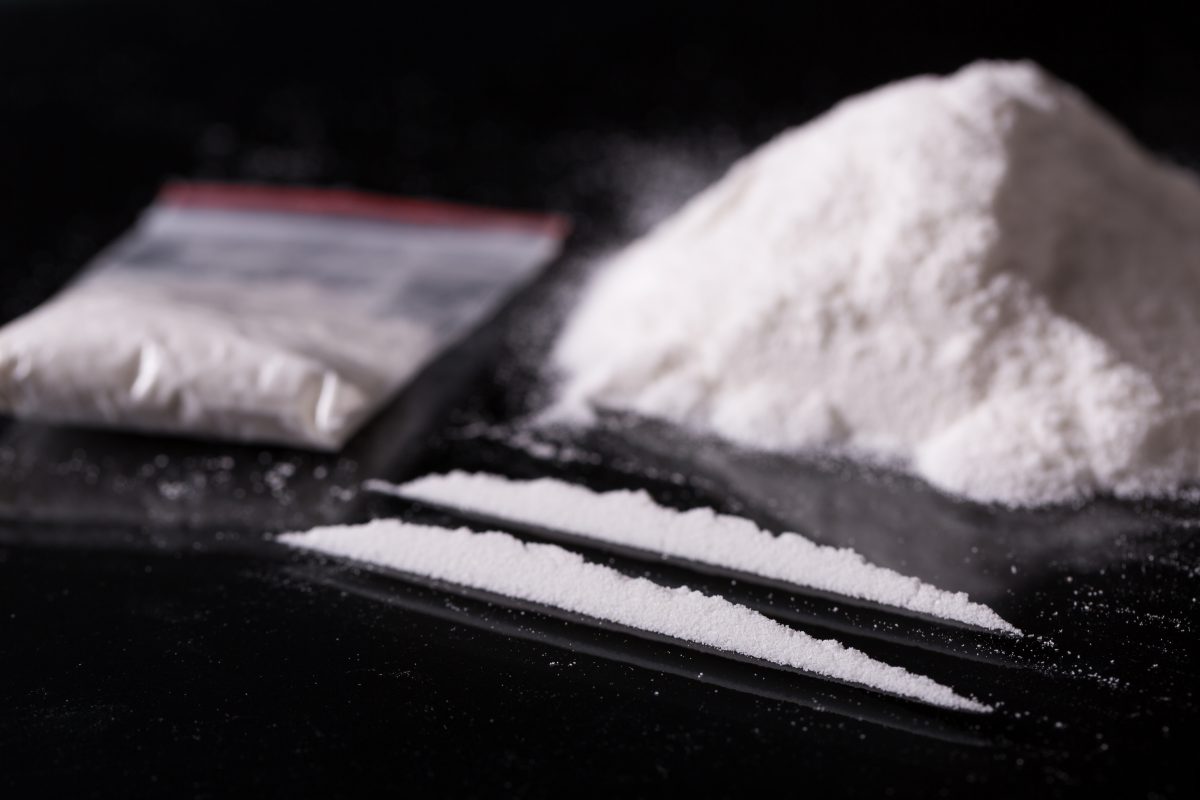
The ACT’s new drug legislation will come into force on 28 October 2023. Photo: File.
The ACT drug decriminalisation laws come into effect in October.
In recent weeks, the debate over the laws has heated up. While it is unknown what effect the reforms will have on drug use, here’s what the law says.
Penalties for personal possession of small amounts of the most commonly used hard drugs will be reduced in the ACT under the Drugs of Dependence (Personal Use) Amendment Act 2022, making the Territory the first jurisdiction in Australia to decriminalise small quantities of illicit drugs.
From 28 October 2023, a person in the ACT may be issued a ‘simple drug offence notice’ if they are caught in possession of ‘small quantities’ of certain drugs, as specified by the act.
The possession limit for cocaine, amphetamine and ice will be 1.5 grams. The limit for ecstasy will be 1.5 grams or five doses, and there will also be a five-dose limit for LSD. The limit for heroin will be 1 gram.
Only drug possession is decriminalised, which means it is still an offence to supply drugs.
Possession limits of 50 grams of dried cannabis and 150 grams of harvested cannabis will apply.
Under the act, the drugs will be confiscated and the person will be issued a $100 fine or directed to attend an assessment and harm reduction session. This may also result in referral to (voluntary) treatment if appropriate.
In most instances, police will seek to divert or fine an individual, but police will retain the power to arrest an individual. It is still at the discretion of the police which course of action will be undertaken.
However, if the matter proceeds to court, the person will no longer face imprisonment, but rather a maximum $160 fine (one penalty unit), reduced from 50 penalty units and/or two years in prison.
The new legislation also reduces the maximum prison sentence for personal possession of drugs above a small amount.
Chris Gough, executive director of the Canberra Alliance for Harm Minimisation and Advocacy (CAHMA), said there is still “some confusion in the community about what the laws are”.
“We’re helping ACT Health and the ACT Government to do some of that communication,” he said, adding that CAHMA will be rolling out a communication campaign around this topic.
Mr Gough acknowledged it’s “quite a tricky law” as the possession limits the government is using don’t follow the drug trafficking threshold that distinguishes between ‘users’ and ‘traffickers’. Instead, it uses a new ‘small quantities’ amount.
He said it’s important people stay informed and learn about the changes before they come into effect.
“People need to be aware that the changes don’t start until 28 October and make sure they check on the ACT Health website.”
Mr Gough said people also need to be aware that the police can still decide to charge someone caught possessing illicit drugs.
“What the community needs to be aware of, unlike what the media is saying, is police discretion is still involved.
“Police can decide to charge you with possession or they can decide to give you a simple drug notice.”
Mr Gough explained that the new law follows the same path as the ACT’s decriminalisation of cannabis, which first started in 1992.
The Drugs of Dependence (Amendment) Act 1992 created the ‘simple cannabis offence’ for possession of amounts under 25 grams, much the same as the simple drug offence notice coming into effect in October.
“The simple drug offence notice is very well trodden,” he said. “We did it in 1992. Now we’ve decided society is comfortable to go to the next step.”
Mr Gough said he has no reason to believe the laws will cause a rise in drug use. Rather, the decriminalisation of drugs has been shown to help break down the stigma and shame associated with drug use, which encourages people to seek help.
He pointed out that since the possession of small amounts of cannabis was decriminalised in the ACT in 2020, there has been a fourfold increase in people coming to CAHMA to talk about cannabis use – not because more people are using it, but because more people feel safer to talk about it.
Mr Gough said CAHMA is preparing to expand its services to ensure it can support more people looking to treat substance addiction, including expanding its clinic rooms and community centre to add more consultation rooms.
For more information, visit the ACT Health website.












